Science fiction has a reputation for being disconnected from reality. Some call it “escapism.” If that’s the case, then how do you make sense of the fact that Amazon sold out of George Orwell’s 1984 in the days following Donald Trump’s inauguration? In fact, comparisons between our current reality and sci-fi classics like A Brave New World, Fahrenheit 451, and I, Robot have been fairly consistent for the last couple of decades. It turns out sci-fi has a lot to say about this thing we call “reality.” More than that, it has a lot to say about social justice in that reality. The result? Sci-fi is enjoying a moment in the sun. This attention seems to have resulted in an acknowledgement that many sci-fi writers imagined the horrors of the future—from Newspeak to Soma—with astounding accuracy.
With a real-life Biff Tannen in the White House and an all-too-real St. Mary’s Virus infecting the globe, this is a good time to pay more attention to writers working in the genre today. While sci-fi is a historically white genre, that’s been changing in awesome ways. A growing cadre of BIPOC writers are exploding the sci-fi scene. Not only that, they’re doing it in a way that sheds some light on real-life social justice issues. Here’s a list of eight recent books by U.S. American writers of color to get you started as you wend your way through our current quasi-dystopian reality.
Riot Baby by Tochi Onyebuchi
Onyebuchi’s first book for adults is about police brutality, being Black in the United States, and family. It begins with the 1992 L.A. Riots (which give the book part of its title), but it doesn’t stop there. Instead, it plows right past us into a near-future alternate reality. With its multifaceted exploration of incarceration and systemic racism, it couldn’t be more timely. It’s a beautiful and powerful book that uses sci-fi to address the very dystopian elements of today’s sociopolitical landscape. You should read it. Now.
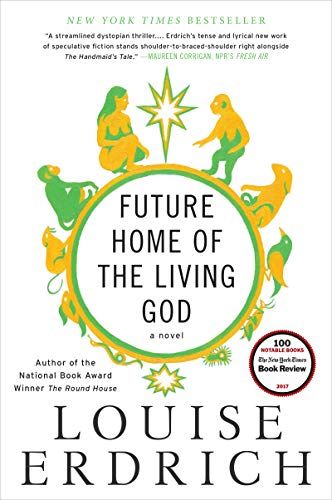
Future Home of the Living God by Louise Erdrich
Erdrich doesn’t usually write science fiction, but her foray into the genre is a welcome development. Future Home of the Living God presents readers with a not-too-distant future in which evolution has begun to reverse itself. This fascinating premise raises questions about Native women’s bodies, issues of consent, and government control. It’s hard not to read the institutional systems of containment Erdrich imagines as descendants of real-life government-operated boarding schools for Indigenous children.
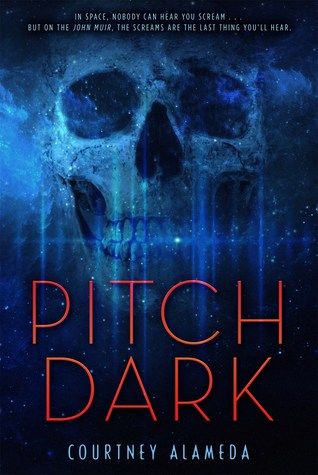
Pitch Dark by Courtney Alameda
This YA novel combines elements of horror and sci-fi to deliver a complex and action-packed story about a young shipraider and a wiley space-traveler whose storylines collide in a wholly satisfying manner. Set four centuries in the future, in the aftermath of a terrorist attack that forced humans to flee from their home planet, Alameda’s heart-pounding, genre-bending second novel delivers a smart critique of power dynamics and the politics of stories.
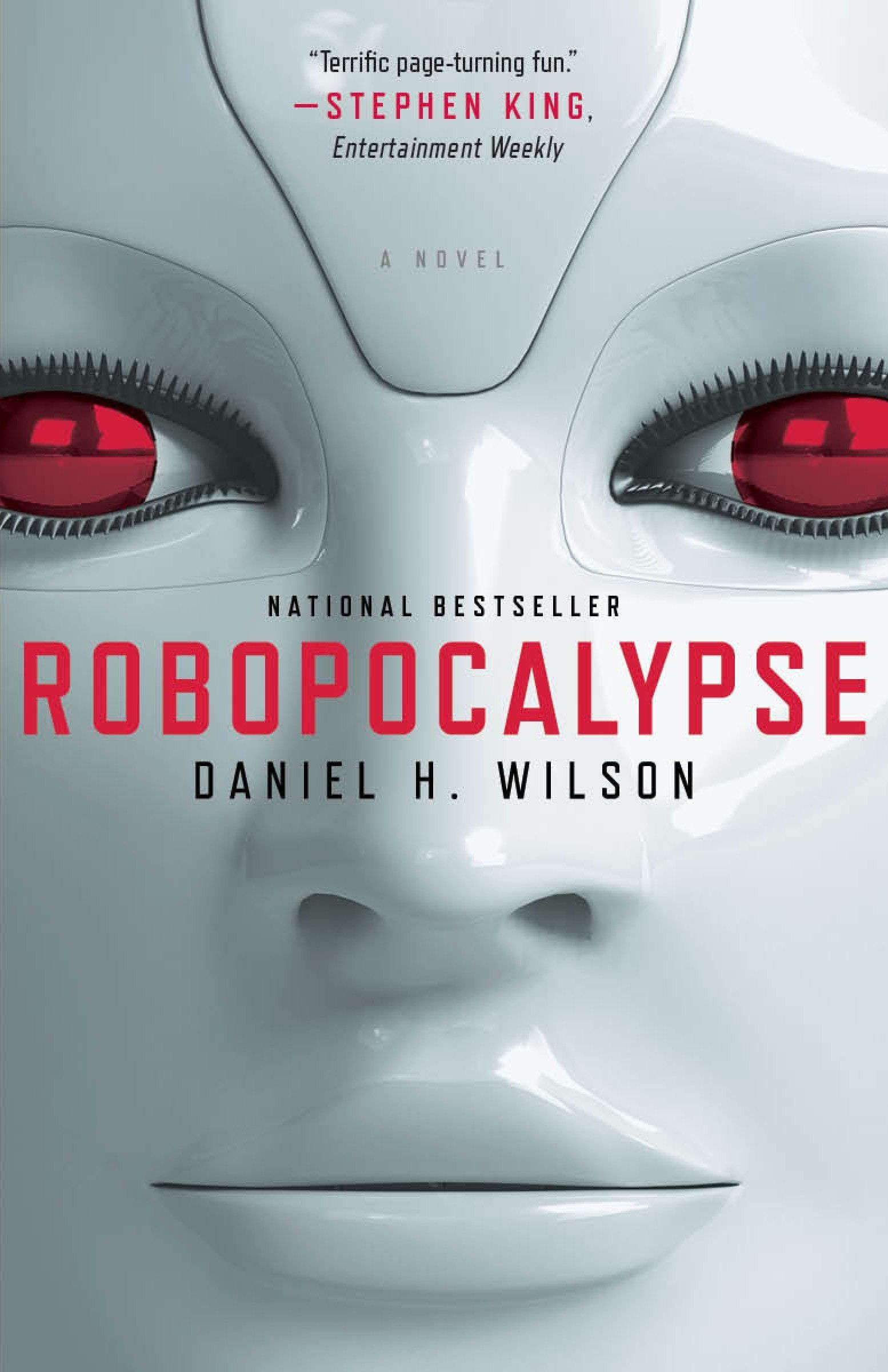
Robopocalypse by Daniel H. Wilson
This book is one of the most Asimovian works of sci-fi I’ve read since, well, Asimov. Wilson, a Cherokee writer with a PhD in robotics, creates a future so believable it’s terrifying. Imagine that all your devices—from your smart phone to your car—developed the capacity for intelligence and decided to band together against you. Against all of humanity, actually. That’s what Wilson does in Robopocalypse. His global cast of characters is a racially diverse group of kick ass survivors whose adaptability and street smarts enable them to take on their newly aggressive A.I. counterparts.
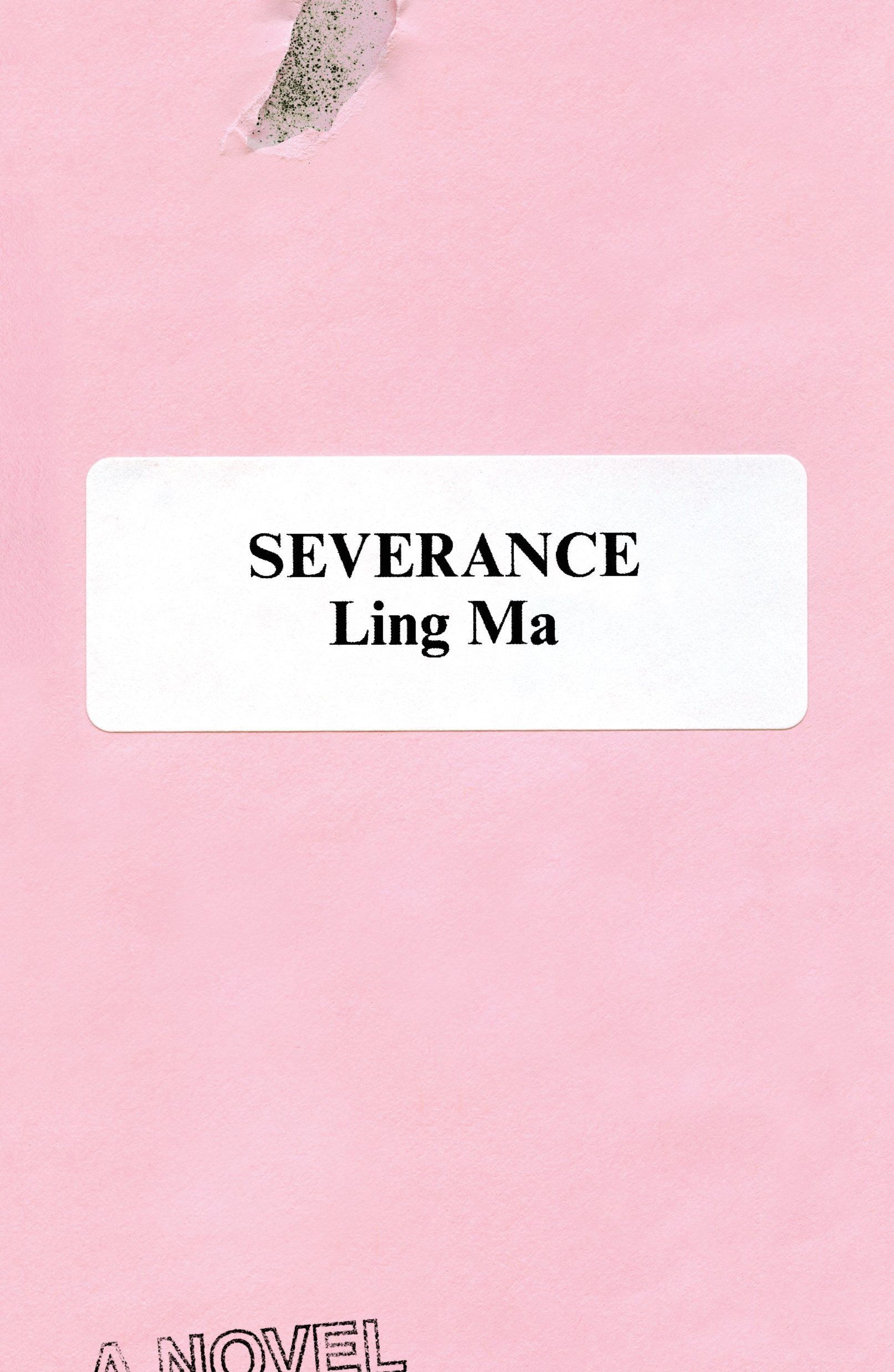
Severance by Ling Ma
Who doesn’t love a good zombie novel? Ma’s debut novel makes some strong connections between zombiism (here: a communicable disease linked to nostalgia) and immigration. The novel’s deserted streets amid the zombie pandemic call to mind life during COVID-19, but while we’re barricading ourselves in our homes, Ma’s protagonist is traveling with a group of survivors whose journey through the Midwest raises questions about power, capitalism, and the ideological workings of immigration.
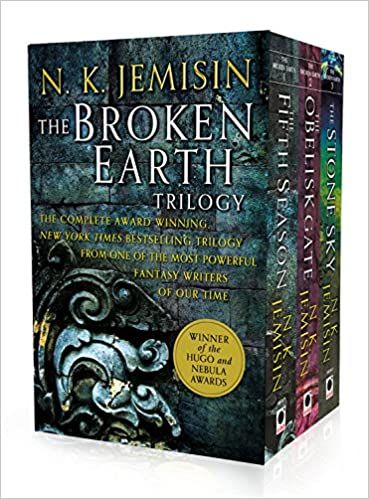
The Broken Earth Trilogy by N.K. Jemisin
Okay, this is technically a fantasy series, but I have to include it. (For what it’s worth, Wikipedia calls it “science fantasy.”) All three books in Jemisin’s trilogy—The Fifth Season, The Obelisk Gate, and The Stone Sky—won the coveted Hugo Award (among others). Interestingly, the series was partially inspired by the Black Lives Matter movement. The Broken Earth trilogy interrogates power from all angles. Through her various characters, Jemisin tackles racism, sexism, and heterosexism (and let’s not forget the trilogy’s concern with environmental destruction). Make sure you set aside some time for this series, because once you start reading it, you won’t be able to stop.
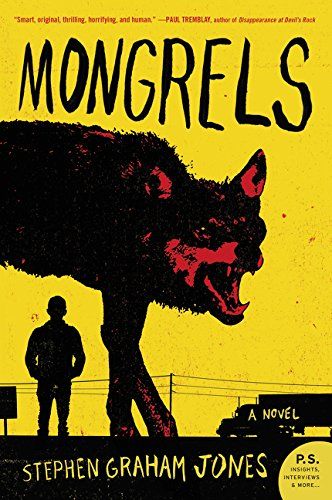
Stephen Graham Jones
Jones, a Blackfeet writer who’s so prolific that his lengthy bibliography is basically a work of science fiction in and of itself, has penned everything from zombie novels to detective fiction. Don’t know where to start? Try his fiercely fast and funny YA werewolf novel Mongrels. It’s a smart and interesting read. If you want a more formally complex, semi-experimental read, try The Bird is Gone. It’s a wild ride, for sure, bringing together political histories in a sci-fi murder mystery that’ll blow your mind.
There are so many good sci-fi books by writers of color out there. This is just a jumping-off point of books that use various strategies to tackle social justice issues. We live in a world where George Floyd and countless other BIPOC have been murdered by officers of the law, where Native lands and waters continue to be occupied and controlled by settler colonists, and where the Trump administration is moving forward with plans to intern immigrant children in a former WWII Japanese internment camp (and then there’s COVID-19). These books ask readers to think deeply about power and injustice. They may be science fiction (an amazing genre in any moment), but when your everyday reality feels like a dystopia, it’s probably time to make sure your reading list reflects that.
Source : 8 Science Fiction Novels by Authors of Color for the End Times













